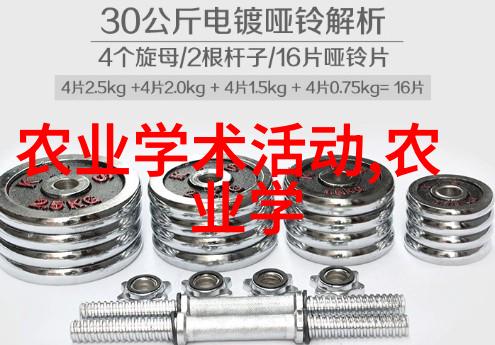非洲猪瘟仍在活跃生猪养殖技术的关键在于管理物品以保持健康度
当前非洲猪瘟仍然在全球范围内活跃,给猪群的健康管理带来了巨大的挑战。如何有效地管理好猪群的健康度成为了农业生产者和养殖户们面临的重要问题。在这篇文章中,我们将探讨一些关键的管理措施,以确保猪群的健康和安全。

首先,完善的生物安全制度是减少猪群接触细菌和病毒的关键。这包括限制人员和物品进出猪场,定期消毒设施和设备,以及严格控制来自外部环境的病原体。通过建立隔离区和采取适当的防护措施,可以有效地减少病原体的传播和侵入,从而保护猪群的健康。
其次,制定有效的免疫程序是 pigs main active immune force. Farmers should closely cooperate with veterinarians, formulate appropriate immunization plans based on the characteristics and needs of the pig group, and include regular vaccination to enhance the resistance of pig groups to common diseases. At the same time, conduct regular health checks and monitor pathogens to detect potential health issues in a timely manner.

In addition to immunization programs, improving pigs' resistance is also crucial. Currently, using fermented traditional Chinese medicine is considered a relatively ideal method. Fermented traditional Chinese medicine contains a large amount of probiotics and its metabolites, which have positive effects on pigs' gut immune barrier function, digestion absorption function, and antibacterial properties. By adding an appropriate amount of fermented traditional Chinese medicine to feed can improve the gut health of pig groups, enhance their resistance capacity against diseases.
Furthermore, proper feeding management is also important for ensuring healthy growth in pigs. Provide clean and sanitary living conditions for them; regularly clean up pens and water facilities; ensure they obtain adequate nutrition sources as well as access to clean drinking water.

Lastly but not leastly significant are disease monitoring and emergency response measures that safeguard animal health effectively by means of surveillance through temperature checking or appetite observation or feces inspection etc., coupled with prompt action if any abnormality detected such as isolating affected animals from others & notifying veterinarians immediately upon noticing any unusual symptoms within your herd population so you may prevent further spread & minimize damage done before it gets out-of-hand thereby protecting both human lives (our own) plus livestock alike since this could be disastrous for all involved parties concerned i.e., farmers who stand at risk losing valuable assets—livestock!



